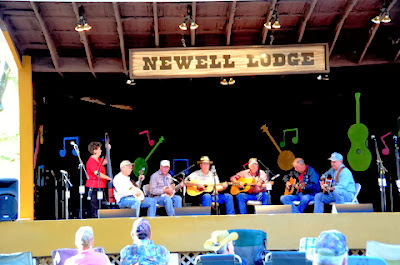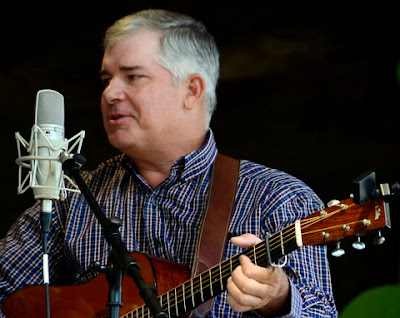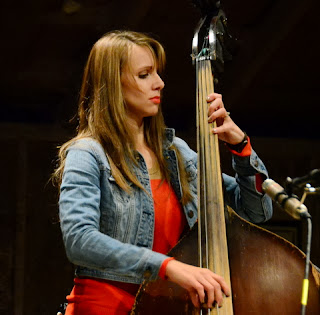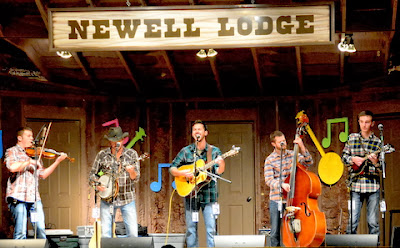Robert Dallek has followed his successful 2003 biography An
Unfinished Life: John F. Kennedy, 1917 - 1963
with the recently released Camelot's
Court: Inside the Kennedy White House (Harper,
October 2013, 525 pages, $32.50), a dynamic and interesting behind
the scenes account of the policy and politics in the Kennedy
administration during a period of extremely high international and
social stress. Like Lincoln (see Doris Kearns Goodwin's fascinating
study Team
of Rivals), Kennedy
preferred to surround himself with men, and they all were white men,
who represented differing viewpoints, interests, parties, and
experience. Given the diversity of viewpoint present in Kennedy's
cabinet and among the advisers he surrounded himself with and the
volatility of both national and international events during this
crucial period, it is hardly surprising that both the events
themselves and the conflicting viewpoints about how to react to them
and provide leadership in a dangerous world, provides fodder for a
fascinating and engaging account often reading like a novel in its
immediacy and dramatic tension. Dallek offers readers new, and
sometimes surprising, pictures of the people and situations during
this crucial period.
John F. Kennedy came to office just a
few weeks before an ill-advised and ill-fated exercise by Cuban
exiles based in Miami resulted in the disastrous Bay of Pigs invasion
of Cuba, for which Kennedy took much of the blame. During the too
short three year period of the Kennedy administration, the country
was besieged by a continuing fervor of anti-communism, a widening war
in Southeast Asia encompassing Laos, Cambodia, and Vietnam, growing
discontent in the U.S. over the slow progress being made towards
civil rights, the tensions and fears surrounding the on-going Cold
War, as well as the space race made more intense because of it.
Throughout this period, Kennedy had to balance interests within his
own party and continue to create an environment that would assure his
own reelection.
John F. Kennedy
Perhaps one of the most important
aspects of Kennedy's strength is mentioned by Dallek almost in
passing. Diplomat George F. Kennan, former ambassador to the Soviet
Union and an important writer on post World War II Cold War politics,
wrote that Kennedy was one of the best listeners he had ever met.
Charles DeGaulle had counseled him early on in his presidency to
listen to all points of view and then to follow his own
understandings of the correct course to pursue. Kennedy was at his
best when he combined these two elements, listening carefully and
then making up his own mind. He was more likely to make greater
mistakes when he allowed his own careful thought and analysis to be
too swayed by those around him. That being said, his closest adviser
was his brother Robert F. Kennedy. Bobby was edgier than JFK and more
likely to play the game with stronger language. His role was to
protect his brother at all costs while often acting as both his
sounding board and mouthpiece. If there were strong words to be
issued, they often came from Bobby's mouth. The profiles of the
various advisers Kennedy selects help to provide insight and nuance
to Dallek's analysis.
Robert F. Kennedy
Coming to office in 1960, just fifteen
years after the end of World War II and a few months after Fidel
Castro's successful revolution in Cuba, Kennedy took up the mantle of
the Cold War. His military advisers were men who had risen in the
ranks to top positions during the Korean War and whose experience was
informed by the rapid technological change suggested by the dropping
of nuclear bombs on Hiroshima to end the second world war. During the
Cuban missile crisis, their counsel was always to respond with
overwhelming force and through the use of tactical nuclear weapons.
Because the CIA and the NSA (National Security Agency) consistently
over-estimated the military strength of the Soviet Union, their plans
frequently called for the U.S. to make first strike nuclear attacks.
Kennedy, despite being somewhat overwhelmed by the anger and
showmanship of Soviet dictator Nikita Khrushchev, insisted on
maintaining the wiser course and continuing to meet and negotiate.
However, when missile launch pads were discovered on Cuba and ships
seen steaming towards the island with missiles on their decks,
Kennedy established a clear line and a blockade which forced
Khrushchev to back down. This section communicates effectively the
danger and tension of the few weeks of the Cuban missile crisis while
showing Kennedy's wisdom and strength of purpose.
President Kennedy, as the son of Joseph
P. Kennedy who ruined his own diplomatic and political career
through overt support of Hitler while serving as U.S. Ambassador to
Great Britain, needed to shore up his liberal support in order to win
and hold the Presidency. He was closely advised by liberal thinkers
like economist John Kenneth Galbraith and historian Arthur
Schlesinger but kept them at arms length by giving them posts where
they were out of the way. He chose several conservatives for key
economic and diplomatic roles in his administration, while balancing
them with more liberal ones. These choices led conflicts to arise in
the frequent meetings he held, giving Kennedy a broad spectrum of
opinion and action from which to make decisions. However, members of
his military and security apparatus often kept knowledge from him and
acted on their own volition, eventually needing to be disciplined.
Many Kennedy appointees tended to be
Cold War hawks on Vietnam, always counseling widening the military
influence and supporting the Diem and Nhu families there. The
narrative indicates that the diplomats appointed to posts in Saigon
were too influenced by the Diem administration when a much better
picture of conditions on the ground came from journalists like David
Halberstam and Neil Shaheen, whose stellar careers were kick-started
there. On visits to Vietnam, Defense Secretary Robet McNamara
swallowed the “rosy scenario” whole cloth, counseling widening
the war to win it, thus prolonging the conflict. Meanwhile, despite
the counsel of his military and political advisers, Kennedy continued
to work for a nuclear test ban for both atmospheric and underground
testing. Viewed at a fifty year distance, the Cuban exiles appear
increasingly like a loud but ineffective bunch agitating with CIA
collusion and right wing legislators to “free” Cuba from Castro.
The emergence of the Tea Party dissidents, with leadership from
politicians descended from this dissident group like Marco Rubio and
Ted Cruz, only serve to reinforce this impression as the Cuban exile
population reaches its third generation.
Robert Dallek
Robert Dallek is the author of Nixon
and Kissinger, a Pulitzer Prize finalist, and An Unfinished
Life: John F. Kennedy, 1917-1963, among other books. His writing
has appeared in the The New York Times, The Washington Post, The
Atlantic, and Vanity Fair. He is an elected fellow of the American
Academy of Arts and Sciences and of the Society of American
Historians, for which he served as president in 2004-2005. He lives
in Washington, D.C. In writing Camelot's Court he has
presented an inside picture of the Kennedy administration which
effectively presents the difficulties faced by the ill fated
President and the conflicts helping to shape the outcomes. The book
is solid and interesting reading.
Robert Dallek's Camelot's
Court: Inside the Kennedy White House (Harper, October 2013,
525 pages, $32.50) was supplied to me as an electronic galley by the
publisher through Edelwiss: Beyond the Treeline. If you decided to
purchase it, please consider doing so through the Amazon portal on my
blog.






































































